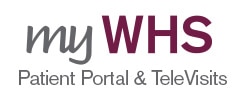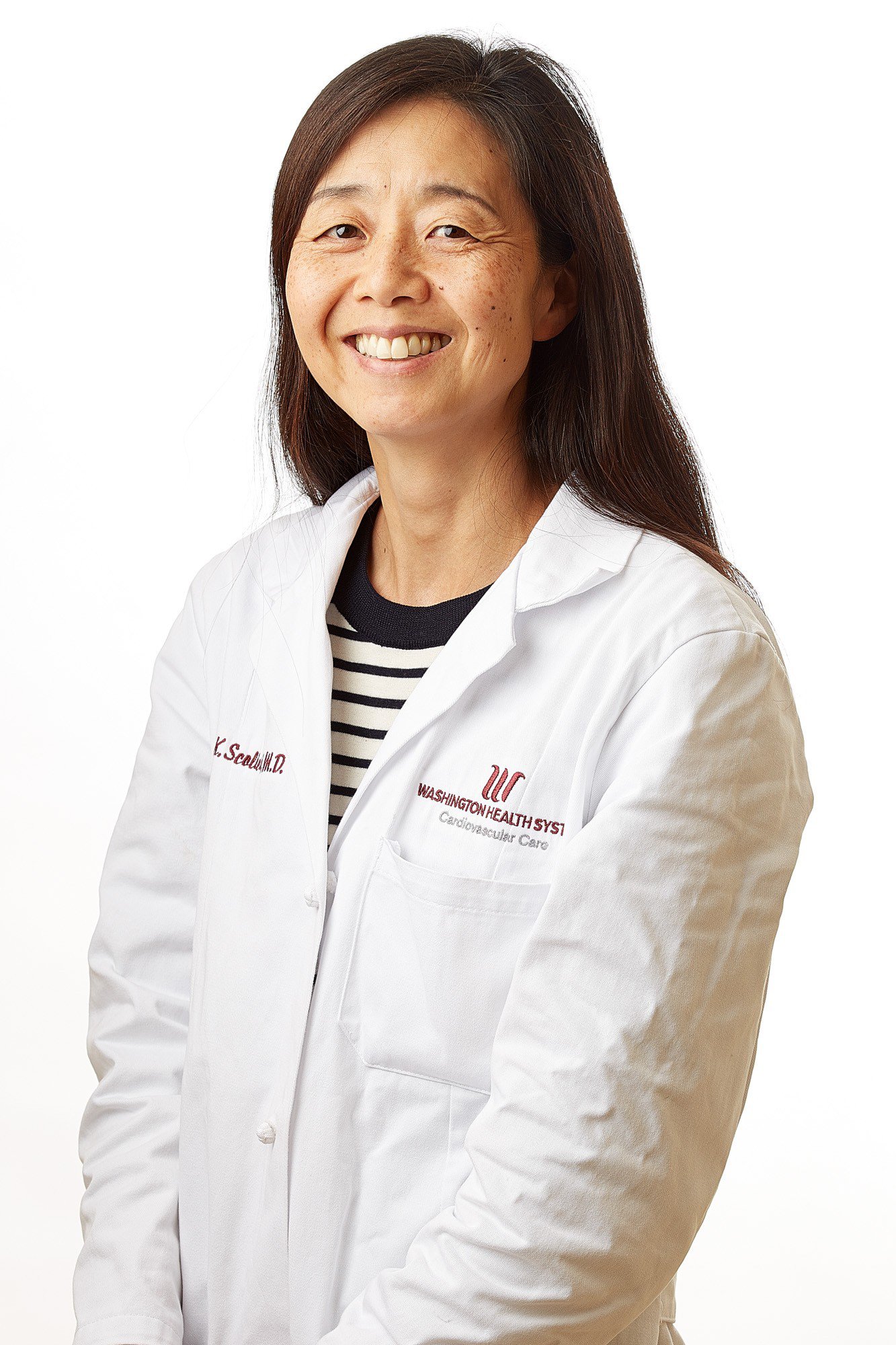UPMC Washington Heart and Vascular Center’s skilled team of heart-health specialists offers a variety of noninvasive heart-health screenings and tests to help you reduce, diagnose and/or monitor your risk for cardiovascular disease.
Non-Invasive Diagnostic Services
The following noninvasive heart-health screenings and tests are available at UPMC Washington Heart and Vascular Center’s offices in Washington, Waynesburg, Cecil and McMurray:
- Cardiac calcium scoring and cardiac CT angiography both use images of the heart to determine whether you are at risk of heart disease or a heart attack. Cardiac calcium scoring measures the amount of calcium that has built up in your coronary arteries. Cardiac computed tomography (CT) angiography uses 3D pictures to assess abnormalities in the heart’s structures, such as the blood vessels and heart valves.
- Cardiac magnetic resonance imaging (MRI) is a powerful diagnostic exam that uses a magnetic field (rather than X-rays) to better assess your heart and/or blood vessels. Cardiac MRI can be used to diagnose coronary heart disease, inflammation and other cardiovascular disorders.
- Echocardiography uses ultrasound (high-frequency sound waves) to create images that show the size, shape and functionality of your heart. UPMC Washington Heart and Vascular Center offers two types of echocardiography: transthoracic echocardiography (TTE) and transesophageal echocardiography (TEE).
TTE, the most common type of echocardiography, is a noninvasive procedure in which the transducer (the device that produces the sound waves) is placed on the chest. TEE, on the other hand, involves the attachment of a small transducer to a thin tube that is placed down the throat and into the esophagus. The close proximity of the esophagus to the upper chambers of the heart allows for more detailed images. Both of these tests can be performed using 3D technology. - Electrocardiograms (EKGs or ECGs) measure your heart’s electrical signals in order to help your provider determine whether the heart is beating normally. An electrocardiogram can be used to diagnose heart disease and heart damage and to monitor the effects of certain medications and devices, such as a pacemaker, on your heart.
- Zio monitor is small, unobtrusive, and water-resistant – no bigger than a patch or a larger band-aid to measure the electrical activity of your heart for 3-14 days. While the test functions like a traditional electrocardiogram, the extended testing period can provide insight into heart irregularities that come and go throughout the day.
- Stress testing can be used to see how your heart functions during physical activity. UPMC Washington Heart and Vascular Center offers two types of stress tests: echo and nuclear imaging.
During echo stress testing, you undergo echocardiography before and after exercising. During nuclear imaging stress testing, echocardiography is replaced with single-photon emission computed tomography (SPECT) imaging.
High-Quality Heart Care
UPMC Washington Hospital and UPMC Greene are accredited by the Intersocietal Accreditation Commission in echocardiography in the area of adult transthoracic. This accreditation demonstrates UPMC Washington’s ongoing commitment to providing quality patient care in echocardiography.
For more information about heart health screenings and tests or to schedule an appointment, please call UPMC Washington Heart and Vascular Center at (724) 579-1575.









